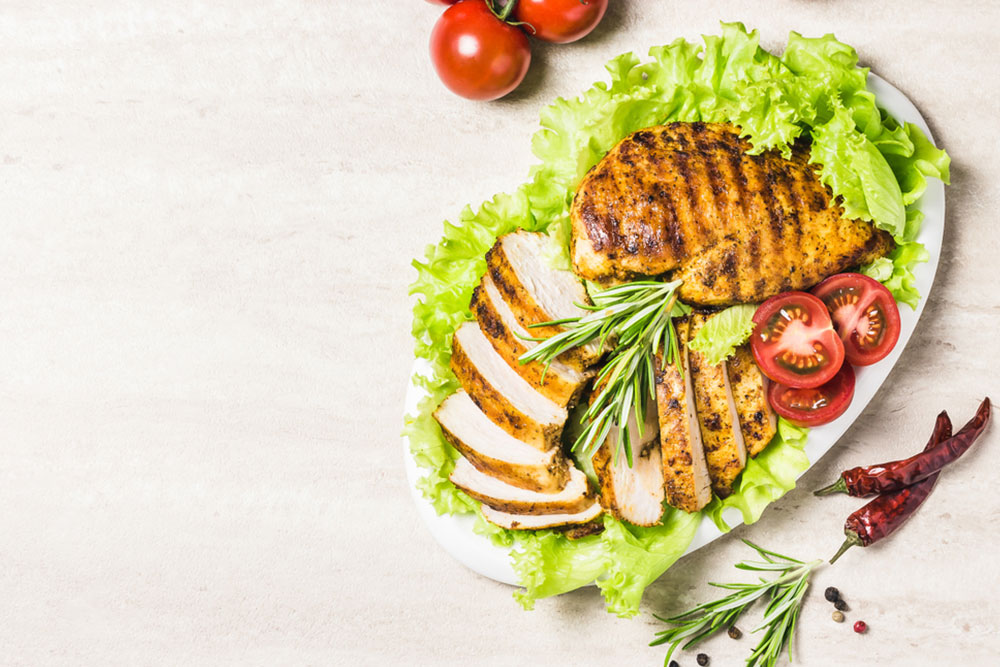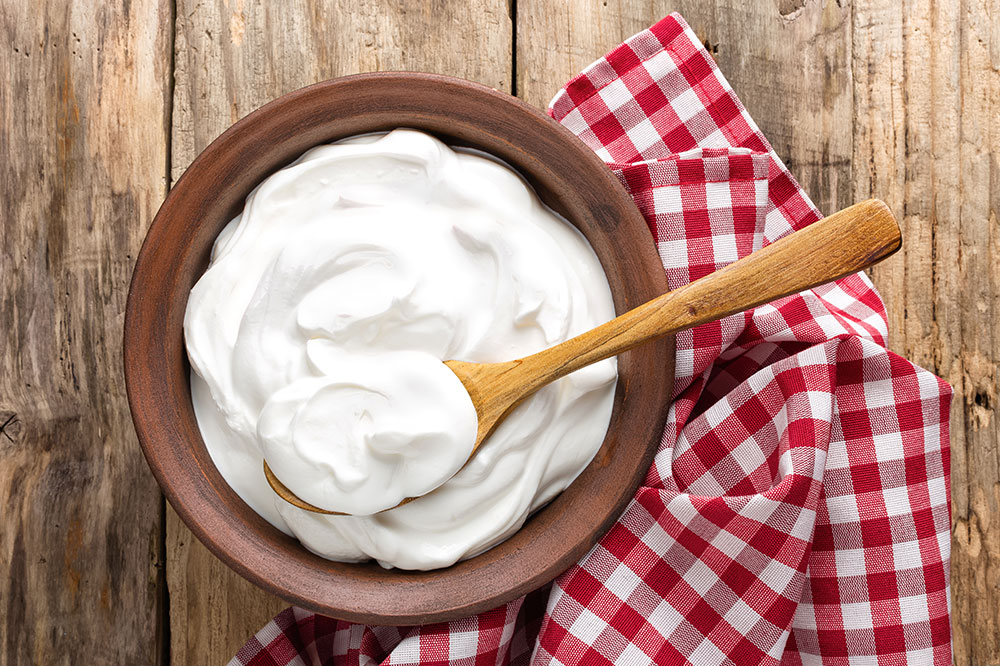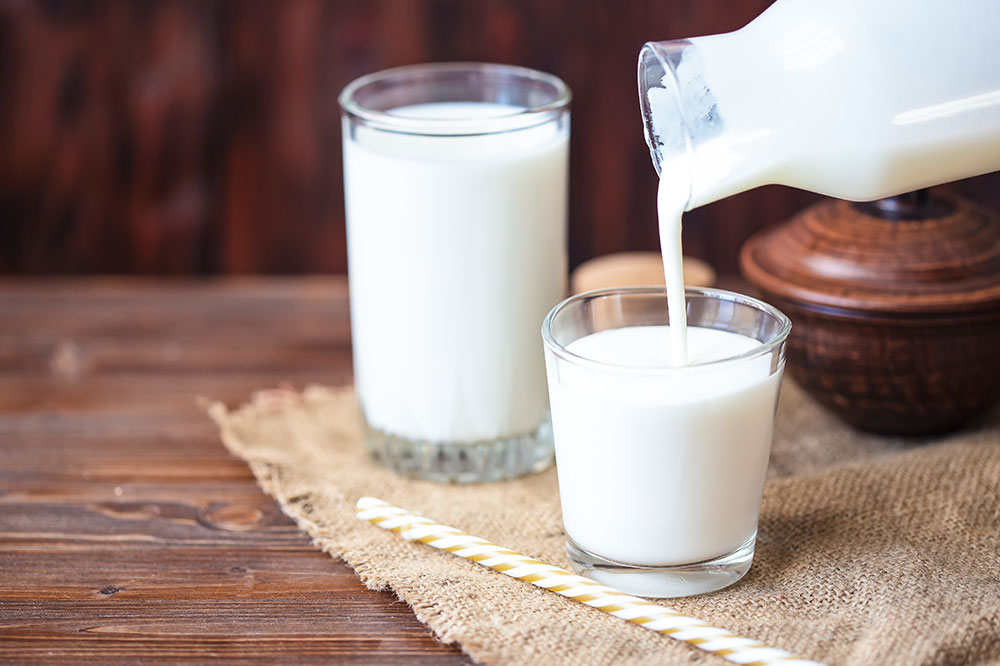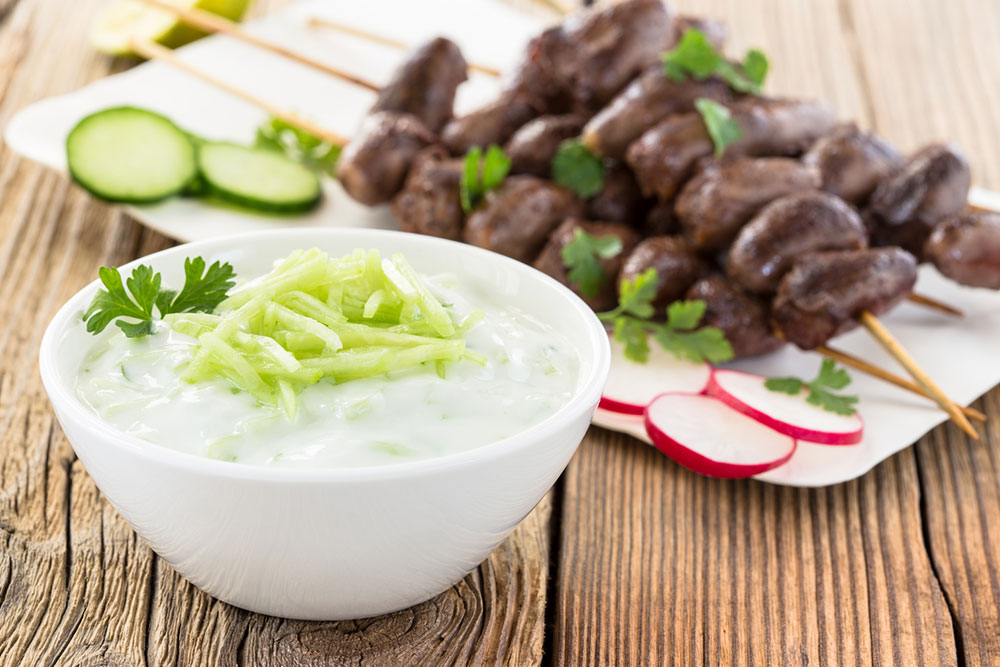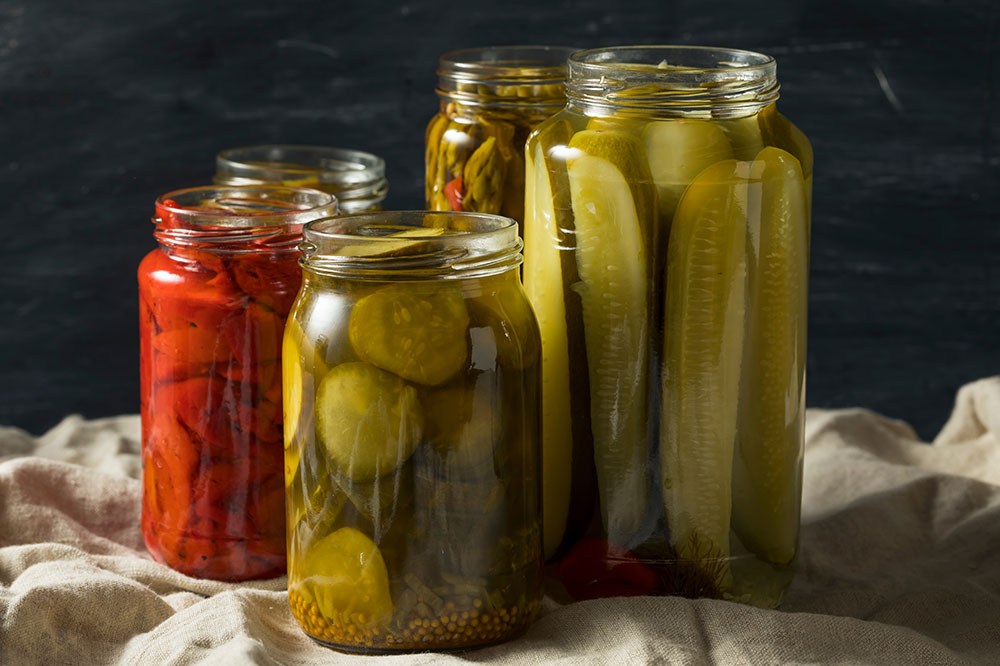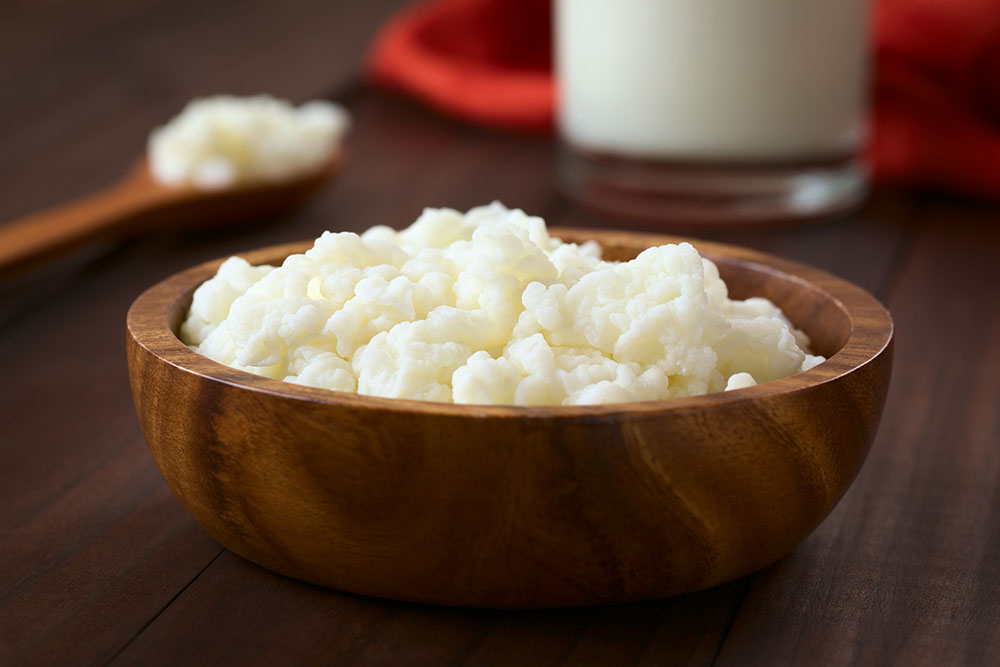Top 10 Probiotic-Rich Foods to Ease Digestion and Bloating
Discover the top 10 probiotic foods that can help reduce gas, bloating, and improve gut health. From yogurt and sauerkraut to kimchi and kefir, learn how these foods support digestion, strengthen immunity, and promote a balanced microbiome. Incorporating these probiotic-rich options into your diet can alleviate gastrointestinal discomfort and enhance overall well-being.
Sponsored
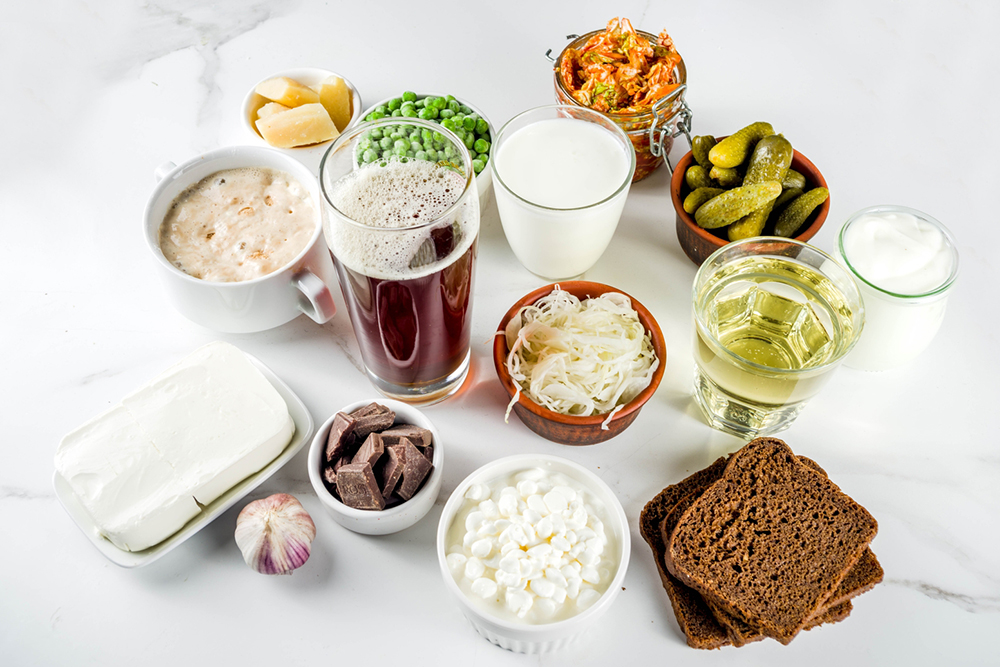
Experiencing bloating and gas can be uncomfortable, but incorporating probiotic foods into your diet can help. Probiotics are beneficial live microbes found in certain foods that support gut health, reduce inflammation, and alleviate gastrointestinal discomfort. They fight off harmful bacteria by competing for nutrients, helping to diminish bloating, foul-smelling gas, and digestive issues. Including these foods can restore gut balance and boost immunity, leading to a healthier digestive system overall.
1. Yogurt
A well-known probiotic source, yogurt contains live bacteria such as Lactobacillus and Bifidobacterium. Consuming probiotic-rich yogurt can help manage lactose intolerance, decrease gas, and promote regular bowel movements. Opt for plain, unsweetened Greek or natural yogurt for maximum benefits and added protein. Frozen yogurt lacks live cultures and doesn’t offer these probiotic advantages.
2. Sauerkraut
This fermented cabbage dish is high in probiotics such as Lactobacillus, which can help reduce bad gas, bloating, and inflammation. Including unpasteurized sauerkraut in your meals adds fiber and probiotics. It’s perfect in salads or as a sandwich topping, enhancing flavor and gut health. Remember to select unpasteurized versions, as pasteurization destroys beneficial bacteria.
3. Miso
Rich in probiotics, vitamins, and minerals, miso is a fermented soybean paste that supports digestion and strengthens immunity. Use it in soups, sauces, marinades, and dressings. Avoid boiling miso to preserve its probiotic content.
4. Kefir
A fermented milk drink similar to liquid yogurt, kefir contains a unique mix of probiotic strains that aid digestion. It may also help regulate blood sugar and improve muscle health. Add kefir to smoothies, dips, or use it as a marinade for added health benefits.
5. Tempeh
Made from soybeans fermented with fungi like Rhizopus species, tempeh is a high-fiber, protein-rich meat substitute. Include it in stews, stir-fries, and salads. Its probiotics support a healthy gut while providing a vegan protein source.
6. Kimchi
This spicy, fermented vegetable side dish is packed with lactic acid bacteria that promote gut health. Kimchi also supplies a range of vitamins and minerals, helping to reduce inflammation, stabilize blood sugar, and boost immunity.
7. Kombucha
A lightly effervescent, fermented tea drink, kombucha offers probiotics that aid digestion and may diminish bloating and gas. It contains acetic acid, which can eliminate harmful bacteria, improving overall microbial balance.
8. Fermented Pickles
Pickles fermented in brine, not vinegar, retain probiotic properties that support digestive health, reduce gas, and combat inflammation. They’re also rich in antioxidants that protect against oxidative stress.
9. Aged Cheese
Cheeses like Swiss, Gouda, Cheddar, Provolone, and Cottage Cheese that are aged but not pasteurized contain live probiotics. Consume in moderation due to their saturated fat and sodium content.
10. Acidophilus Milk
This fermented milk beverage, containing Lactobacillus acidophilus, helps prevent infections, improves lactose digestion, and may lower cholesterol. It can be enjoyed as is, used in recipes, or incorporated into dressings for added probiotic benefits.
In addition, natural foods like bananas, avocados, cucumbers, berries, and tropical fruits provide prebiotics—fibers that feed beneficial gut bacteria—further supporting digestive health and reducing bloating.

